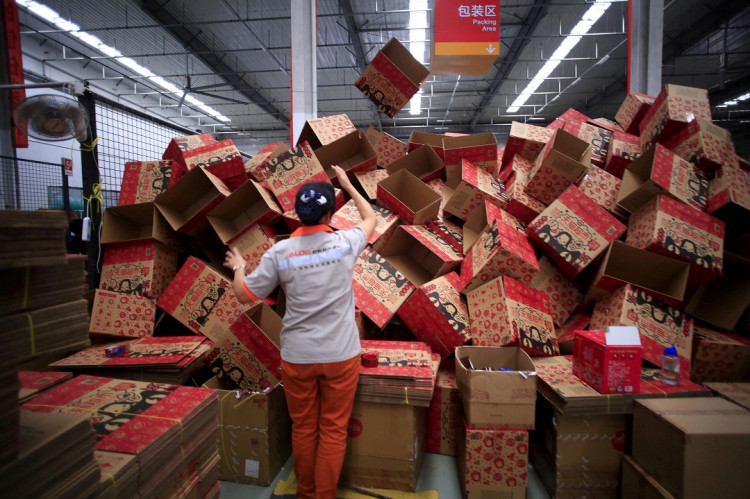Due to the influx of lawsuits that are typically filed following China's massive November 11 one-day shopping spree, the country's courts have released advisory telling consumers to be sensible when buying products online. Chinese courts also warned consumers to carefully read the finer details of discounts and offers being given by e-commerce websites.
A report released by the Beijing Internet Court revealed that it has so far received more than 42,000 lawsuits since September of last year. Around 12 percent of the suits filed were related to online shopping, most of which are filed after the big November sale.
Beijing Internet Court Judge Liu Shuhan mentioned that most of the lawsuits they see are related to poor quality products. Most of the problems can be traced to individual sellers, but the issue does also mainly lie in the operations of the online stores.
To handle the massive amount of inquiries and requests, the Beijing Internet Court had previously launched its online litigation services center. The online system features an artificial intelligence system that automatically guides users to the proper procedures to follow depending on their needs.
Among the most common items that are cited in the lawsuits are electronic goods, clothing, and makeup. Some consumers have filed lawsuits due to the low quality of the items they receive or after finding out that the items they had received were fake copies. This often happens with luxury clothing and sportswear, but it also commonly happens with electronic items.
Liu stated that during their hearings they have found that most sellers do intentionally mislead consumers by exaggerating the features or specifications of the items they sell. Some sellers also hide information in an attempt to entice buyers.
In severe cases, some sellers do cheat buyers by offering fancy or fake discounts. The practice involved intentional bloating or prices, which are then "discounted" to their original prices on e-commerce websites. Liu suggests that consumers always try to compare the prices of the same item on other e-commerce websites to make sure that they are not duped into buying from a particular seller because of a fake discount.
The Double 11 event usually includes major discounts on millions of items on different platforms. However, some of these "discount" prices may end up being higher than the normal prices outside of the shopping festival.
This year's shopping gala is one of the biggest in terms of sales since the event was established about two decades ago. The event, which is being led by Alibaba Group through their e-commerce platforms, drew more than 100 million new shoppers this year. Since its establishment, major e-commerce platform operators in China have started to offer their own events, resulting in the largest one-day shopping event in the world, larger than the US' Black Friday and Amazon's Prime Day event.
This year, Alibaba reported record sales of around 268.4 billion yuan or roughly $38.3 billion across its various shopping platforms. The sales number is around 26 percent higher than what was recorded last year.






